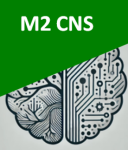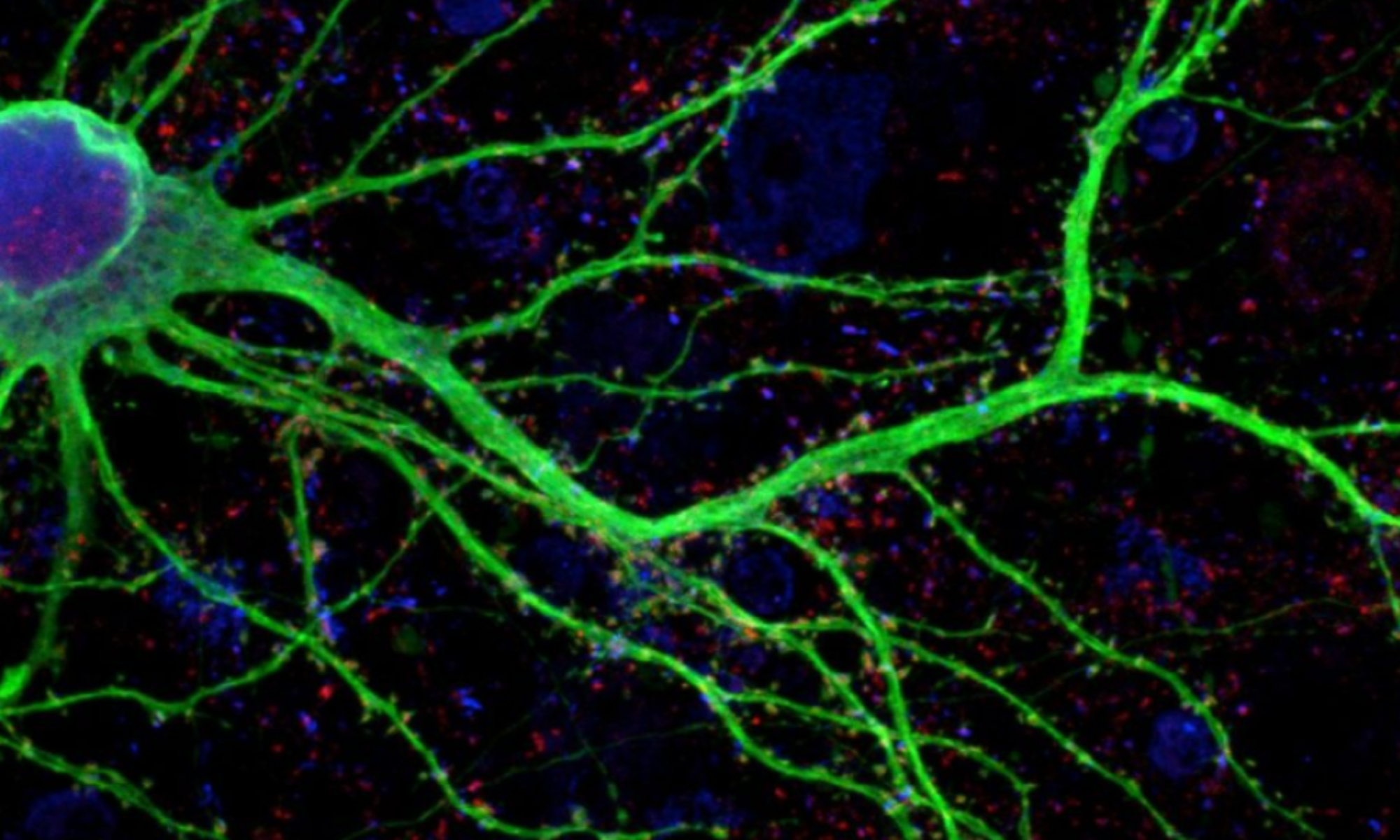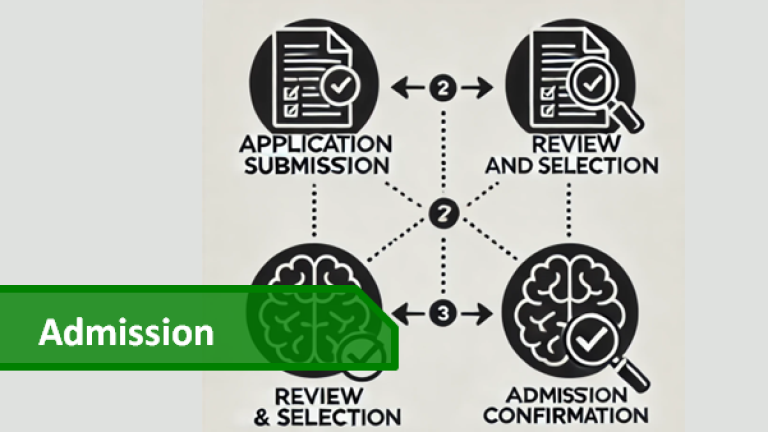
M2 Computational Neurosciences
This program trains students in modern computational and analytical methods to study the brain: from the electrical activity of single neurons to neural networks, interacting brain regions, and animal behavior. Students learn the principles of brain function by applying statistics, signal processing, and computational modeling to real neuroscientific datasets, gaining extensive hands-on experience through practical Python-based work. Students will be prepared for research careers in neuroscience, neuroengineering, and data analysis. The main objective of CNS is to equip students with the skills and critical perspective needed to design, conduct, and interpret analyses of electrophysiological and behavioral data from a mechanistic viewpoint.
The specificity of this Master program in Computational Neurosciences is to combine a solid theoretical foundation with hands-on practical work. Practical skills are developed through project-based learning. During the first semester, students progressively specialize. Initial courses focus on the fundamentals of neuroscience, mathematics, programming, and statistics, providing the foundation for advanced topics in the last part of the semester. Optional units allow students to explore cutting-edge areas, including clinical neuroscience, cognition, artificial intelligence, or neurotechnologies. The second semester is instead fully dedicated to laboratory internships.
Designed for a diverse audience, it welcomes students with backgrounds in biology, medicine, mathematics, physics, engineering, and related sciences. The entire course is taught in English.
Job opportunities: the CNS Master allows students to follow an academic path, leading to PhD programs in Neuroscience and potentially careers as researchers or lecturers at universities (see our doctoral school NSCO in Lyon). At the same time, the strong computational skills developed in the program open opportunities in industry, where neuroscientists with expertise in data analysis are increasingly in demand. Graduates can work in companies specializing in EEG-based neurotechnology, therapeutic brain-computer interfaces, robotics, or neuroengineering, as well as in R&D departments focusing on data science and cognitive technologies in France and abroad.
Additional details and information can be found in the Program, Internship and Admission section and in the PDF document down here containing the complete description of the M2 CNS



